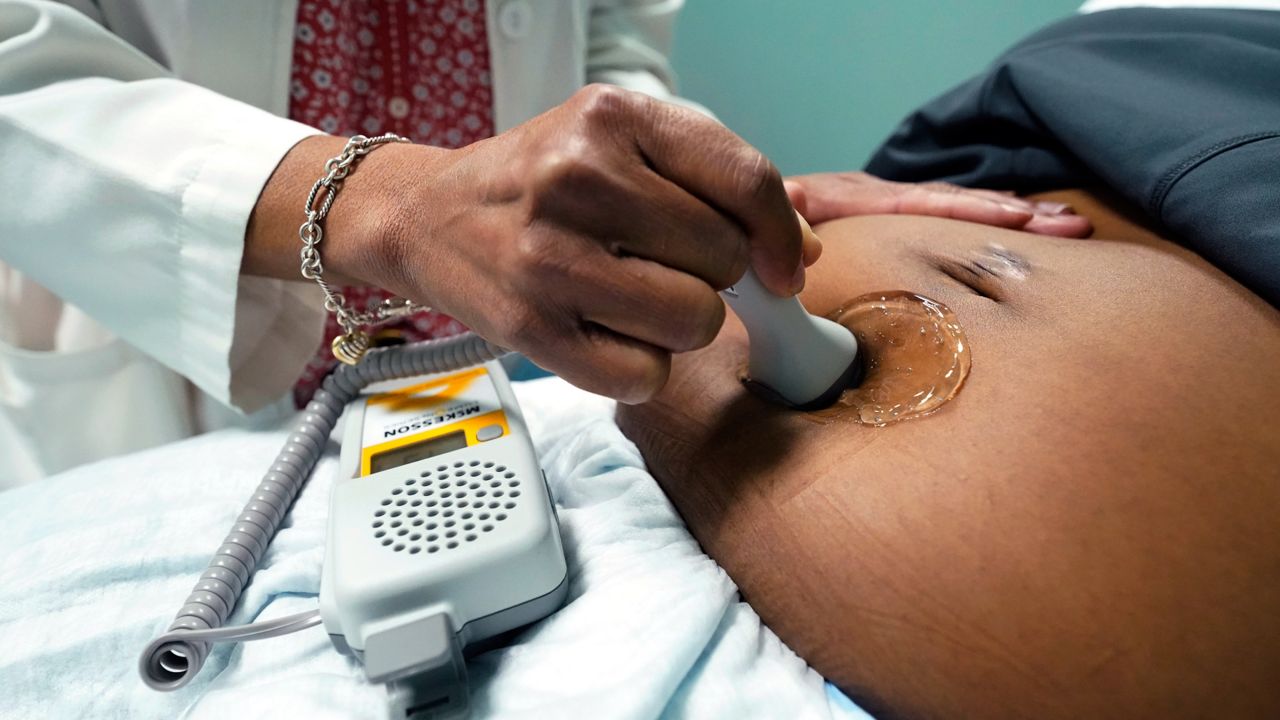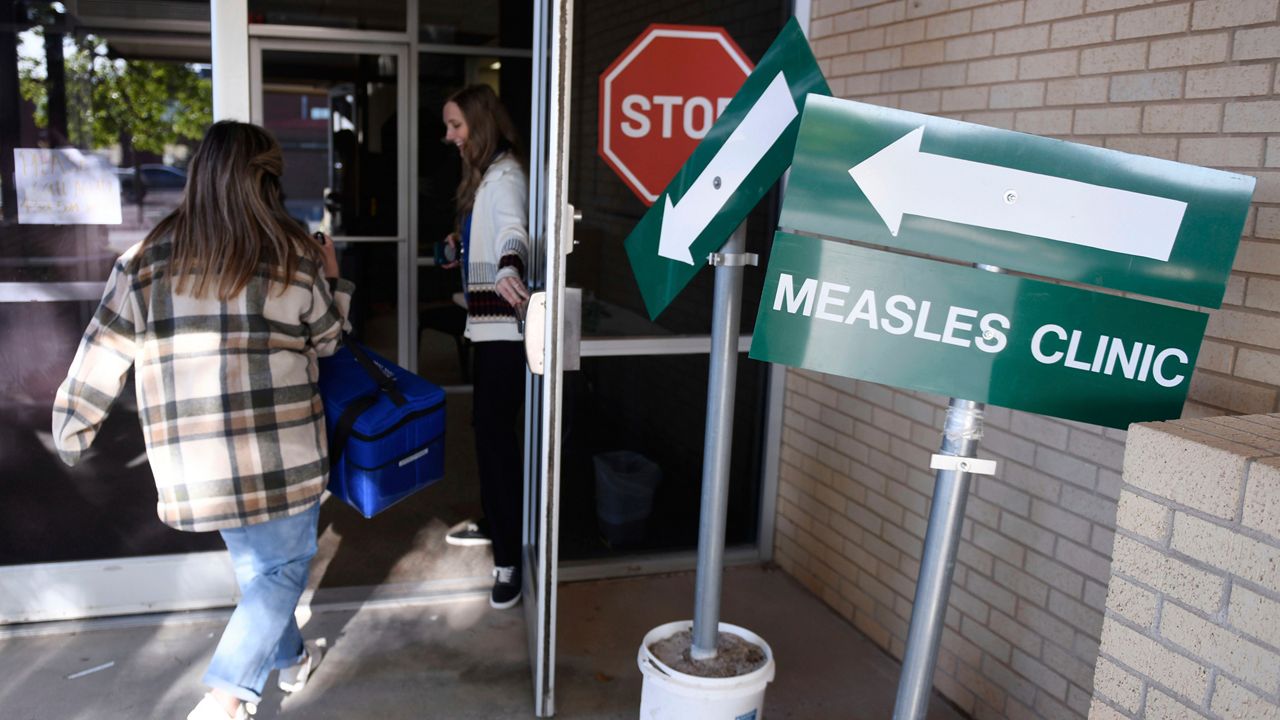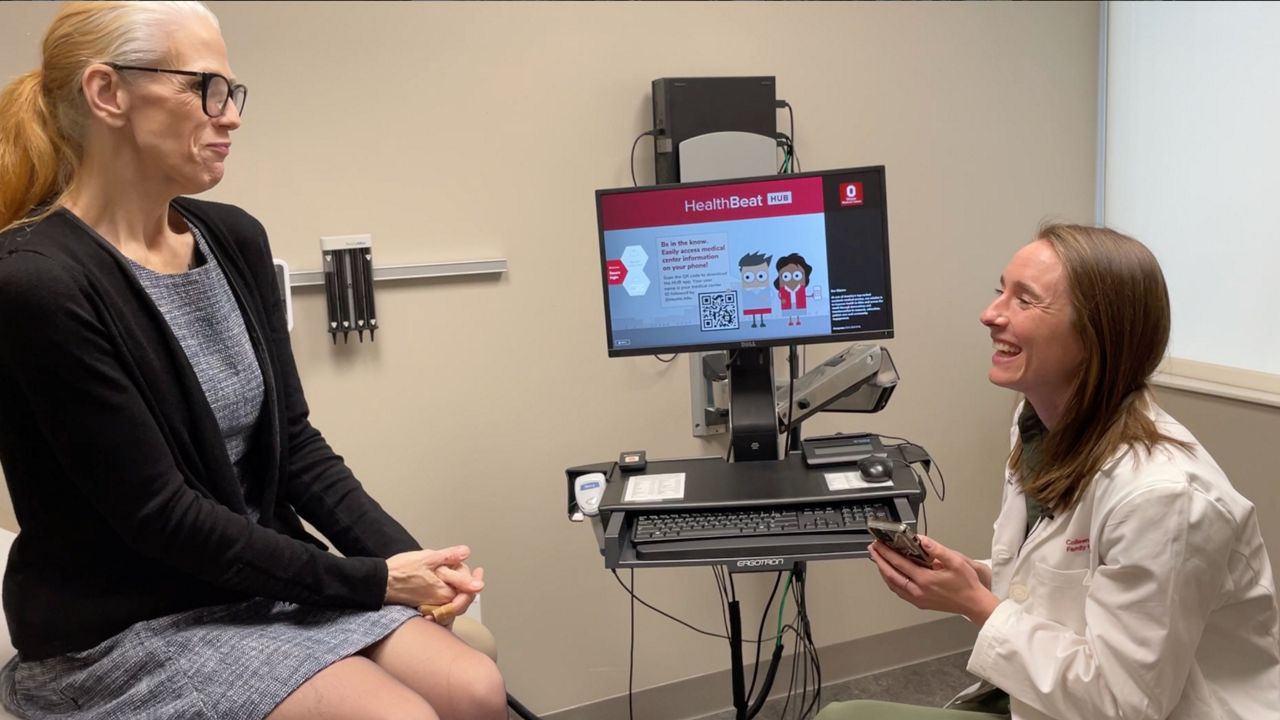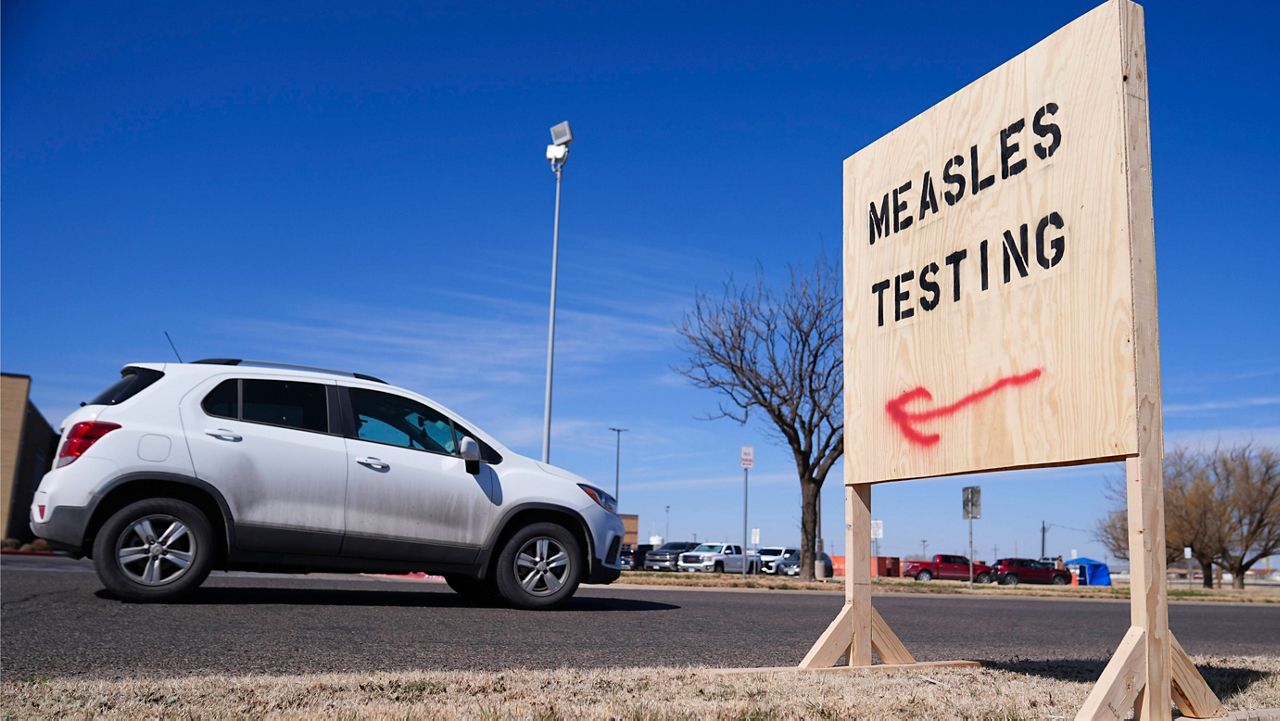COLUMBUS, Ohio — Ohio State University announced it has developed a first-of-its-kind blood test that might identify the risk of preterm birth in early pregnancy.
Preterm birth is one of the leading causes of childhood death worldwide. More than 15 million preterm babies are born each year, and over a million don’t survive, according to the World Health Organization. Additionally, 70% of preterm births happen without a medical need. In 2023, one in nine babies in Ohio were born in preterm, according to March of Dimes.
The research team was led by Shannon Gillespie, an assistant professor at Ohio State’s College of Nursing. She studied risk factors for preterm birth, which include stressors like early life adversity and racial discrimination — as Black mothers are twice as likely to give birth early compared to white mothers.
Those stress factors can change how the immune system works in small ways, as those issues can cause disruptions in factors that help regulate the immune system: sleep and mood. The stressors can cause poor sleep, depression and anxiety.
The team then saw that the changes to immune function can be measured and identified with a blood test, while only using less than a teaspoon of blood.
Ohio State used the example of Ebony Wilson, who unexpectedly went into labor and lost her son at just 20 weeks, thinking she didn’t have any complications.
“If a blood test is going to report whether I’m a high-risk pregnancy, low-risk pregnancy or anything in between, that is just a great nugget for me to know so that I can process in my pregnancy the proper supports that I need to stay pregnant and be happy in my pregnancy and enjoy this,” said Wilson in a release. “Because giving life is to be enjoyed as best as possible.”
Wilson eventually gave birth to a baby girl, who was born early at 23 weeks and survived by using preventative measures.
Ohio State said the preliminary data of the blood test show it’s up to 97.5% accurate in predicting preterm birth risk. Gillespie said it can help clinicians identify the potential factors increasing preterm birth risks and can help develop a prevention plan.
“It should feel as simple as a test for anemia,” said Gillespie in a release. “So things that can be available for everyone that’s interested.”
Currently, Gillespie and her team are working to put the new blood test through a comprehensive study through a $2.3 million grant from the National Institutes of Health/National Institute of Child Health and Human Development. Gillespie said this will help determine if the blood test is accurate among larger groups of people.
“It’s all about the patients and their families. They are my inspiration, my reason for persevering and staying committed to this pursuit of knowledge,” said Gillespie in a release. “I’m hopeful that this study will lead to a future where all moms are cared for with great thought and consideration and all babies have more time with mom — including that precious time in the tummy.”
Lydia Taylor - Senior Digital Producer
Lydia Taylor is an award-winning Senior Digital Producer for Spectrum News 1 Ohio. She studied multimedia journalism at Kent State University. Before joining Spectrum News, Lydia was the Morning Edition Producer at WKSU, an NPR affiliate.











